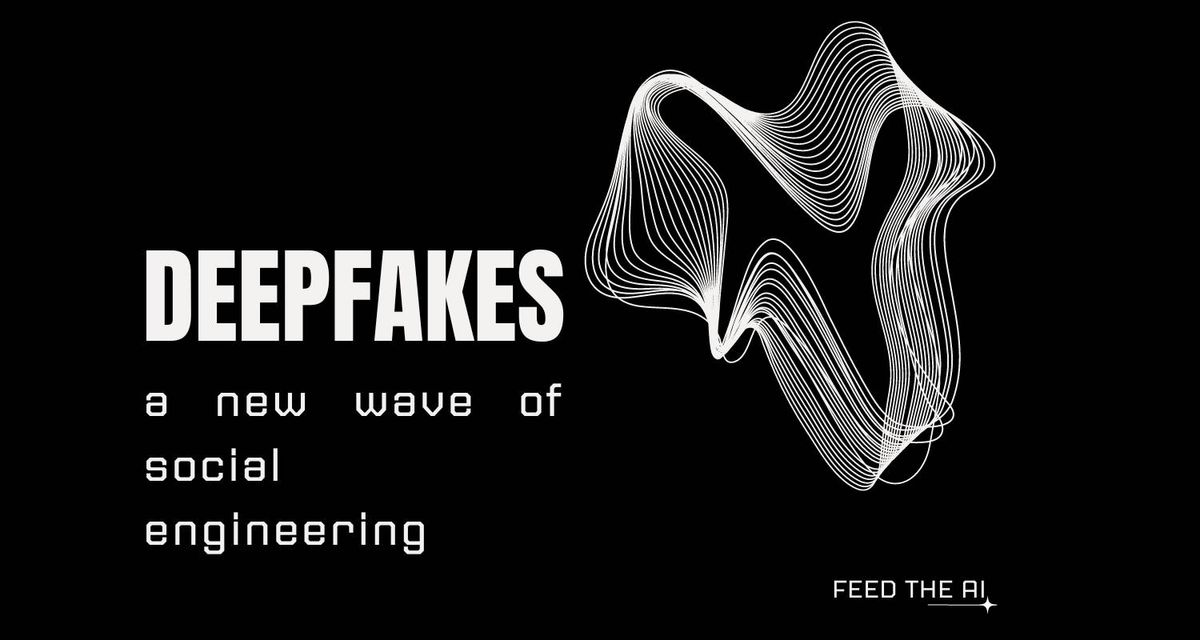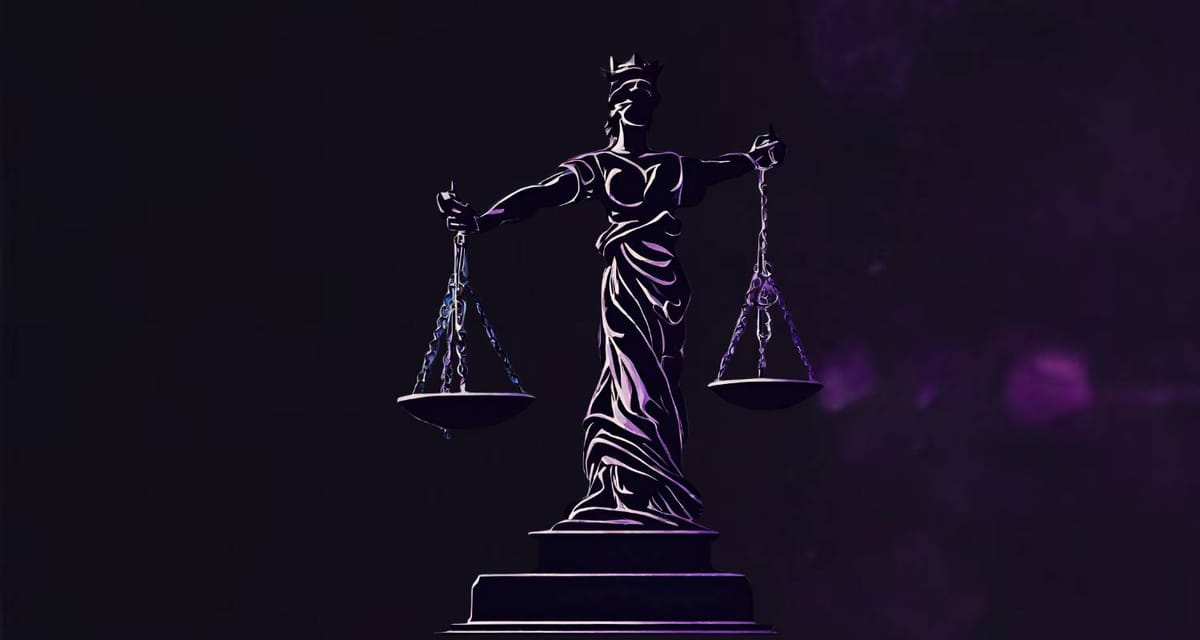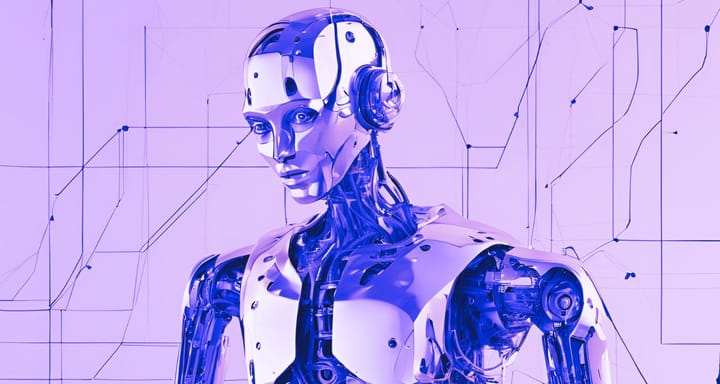What exactly does "Responsible AI" mean? Lets break it down.

Understanding Responsible AI
What exactly does "Responsible AI" mean? At its core, Responsible AI refers to the development and use of artificial intelligence in an ethical, transparent, and accountable manner. Weaving Responsible AI into business practices is like aligning your AI moves with your company’s moral compass and wider societal values.
It’s to help your AI tools boost efficiency without throwing ethics and social good out the window.
Pillars of Responsible AI
The Principles of Responsible AI provide a framework to guide the ethical development, deployment, and governance of AI.
Among these principles are:
- Transparency: Making the workings of AI systems clear to users.
- Accountability: Ensuring that there are mechanisms in place to hold designers and operators of AI systems responsible for the outcomes.
- Fairness: Striving for impartiality in AI decision-making processes.
- Privacy & Security: Upholding the confidentiality of data and protecting systems against unauthorized access and breaches.
Organizations like IBM and Accenture have pioneered embedding these ethical principles into AI applications and workflows to mitigate risks associated with AI.
Defining AI Ethics
AI ethics is all about the rules of the road for AI behavior. It’s a playbook of moral principles aiming to keep AI usage in the responsible zone. Picture this: businesses and governments hustling to keep up with the fast-paced ethical conundrums popping up from generative AI—think deepfakes and privacy invasions. And hey, it’s not just talk.
The EU set up shop with some serious guidelines to tame the wild west of AI antics with "The AI Act,"
AI Ethics in Action
When it comes to translating AI ethics into real-world scenarios, the focus is being proactive and establishing solid guidelines. This ensures AI tech is in sync with societal values and tackles any tricky issues that pop up along the way.
Bias and Fairness
One major challenge? Bias. To keep things fair, it's crucial to train AI models on a smorgasbord of data. IBM points out that a diverse data diet helps spot and squash biases before they spoil the party. Take facial recognition —it’s been under the microscope for bias issues. The fix? Train it on a varied set of faces from around the globe to ensure it plays nice and fair.
Transparency and Explainability
Next up is transparency. AI shouldn’t be a mysterious black box. Making AI transparent implies that users can understand and potentially challenge AI outcomes. The pursuit of explainability requires that AI's decisions can be interpreted by the average user, not just by technical experts. This clarity builds trust.
Accountability and Safety
Lastly, there’s accountability. It’s about having checks in place so that the brains behind the AI can be called on the carpet if things go haywire. Safety measures are non-negotiable to prevent AI from causing harm, and UNESCO’s call to action emphasizes the need to keep a close watch on AI’s impact. Solid governance ensures AI tools don’t just meet tech standards but ethical and societal ones too.\

Global AI Ethics Frameworks
As AI takes the world stage, international orgs are stepping up to create unified AI ethics frameworks. UNESCO is leading the charge with its Global AI Ethics Observatory. This hub pools together resources galore, helping policy-makers and big thinkers worldwide stitch ethical thinking into the fabric of AI development and deployment. These global guidelines offer a blueprint for countries crafting their own AI policies, fostering universal values and principles.
Compliance and Standards
Organizations are hustling to align their AI practices with top-notch standards that champion responsible AI. A standout effort? Accenture’s research on AI Ethics and governance pushes AI companies to grow with integrity and confidence. This movement towards strict compliance isn’t just bureaucratic tape—it’s about building a foundation of trust and accountability in AI technologies. Emerging standards are setting the bar high, ensuring AI systems are developed and rolled out responsibly.





